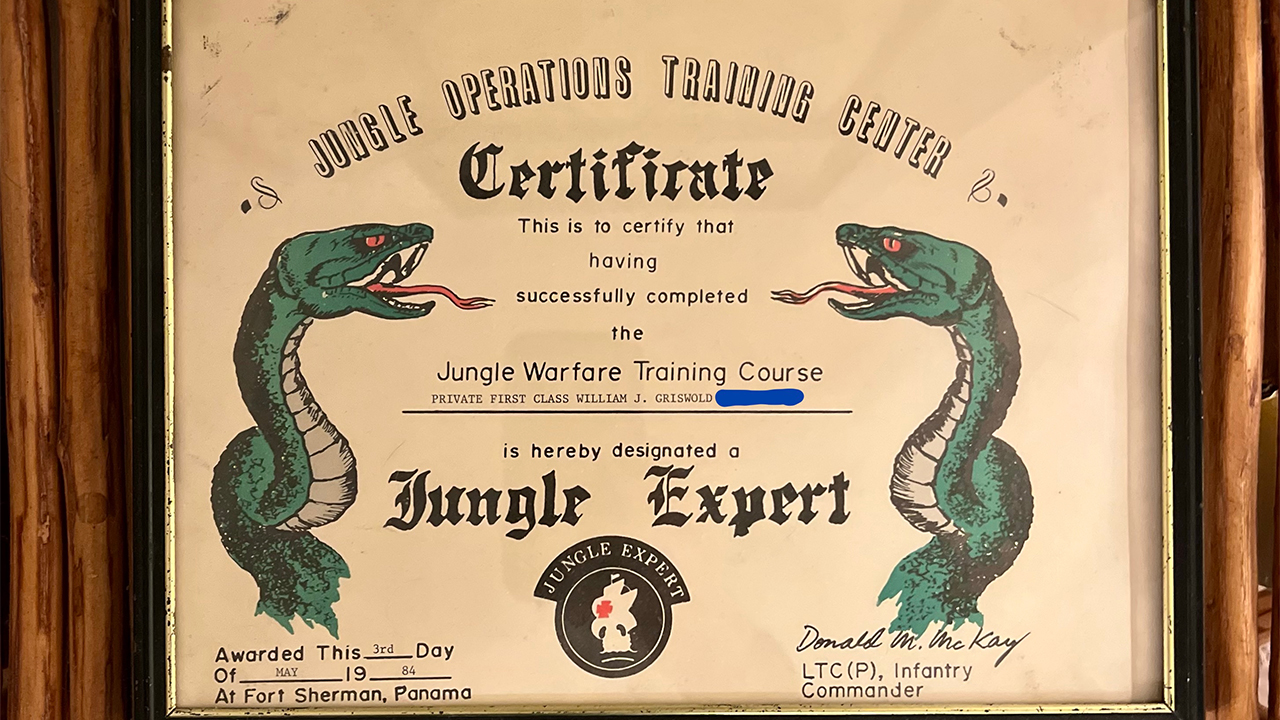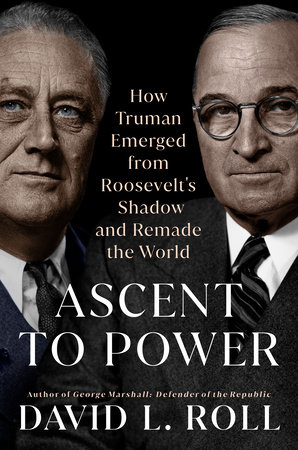Miles Davis Showed Us How Taking Risks Was Cool
October 5, 2023

Herbie Hancock tells a story about how he played a wrong chord once onstage with Miles Davis, King of Cool, in Stuttgart in 1963. It was a horror to Hancock; he put his hands on his ears, froze, and could not play another note for a full minute. Worse, he had already irritated Davis; when Davis had counted in the song Hancock was crawling around under his piano to get his personal tape recorder set up, and the band had to stop until Hancock could get out and take his place.
But when Davis heard the rotten chord, he did not glare at Hancock or stop the song. He paused but stayed immersed in the flow, so he heard it as a part of what was happening in the piece. He took the situation on himself, played the next notes that made the chord integral, not a mistake, and played on. The story is touching, both from Hancock’s obvious relief and gratitude decades later, as well as for what it says about muscularity and the openness to what is.
It takes self-assurance to throw yourself or your plans away in the belief there is no wrong path, only other opportunities to exercise mastery. (Tom Petty told similar stories about touring with Bob Dylan, who would change keys and time signatures at will in the middle of songs, just to create chances to find the beauty of new solutions.) It is like watching someone throw a yo-yo hard and fast, knowing it will return to center.
It is not a game without risk. As a teacher, I encouraged students to widen their gyres, in part because we are all more or less provincial—ignorant, confused, rote, and resistant to change. But the lesson (at that stage) should not be that the center cannot hold. It should be that Socratic play creates self-same understanding. If students have to break rocks, as they often think of writing, they should enjoy a modest garden at the end of their labors.
The alternative for any of us is grim. I went to a doctor recently whose office manner was to point to a poster on the back of her door and explain, as she has no doubt done several times a day for fifty years, what that mole could mean. This benign event was stultifying even for her, because there was neither freedom nor challenge in it.
The solution for all our incongruences—if one can ever be described since, even in language, solutions are never one thing—might be more like what Graeme Wood said recently of translation’s need to invent “a third language.” He quotes Guy Davenport on inventing “‘a treacherous nonexistent language suggested by the original and not recognized by the language into which the original is being transposed.’”
“Lean hard into the inhumanity, the weirdness, the foreignness,” Wood says. “Make them speak some language never heard by man or lobster.”
Similarly, Herbie Hancock suggests that a measure of mastery is, “To be able to experience situations as they are, and turn them in-to medicine—turn poison into medicine.”







